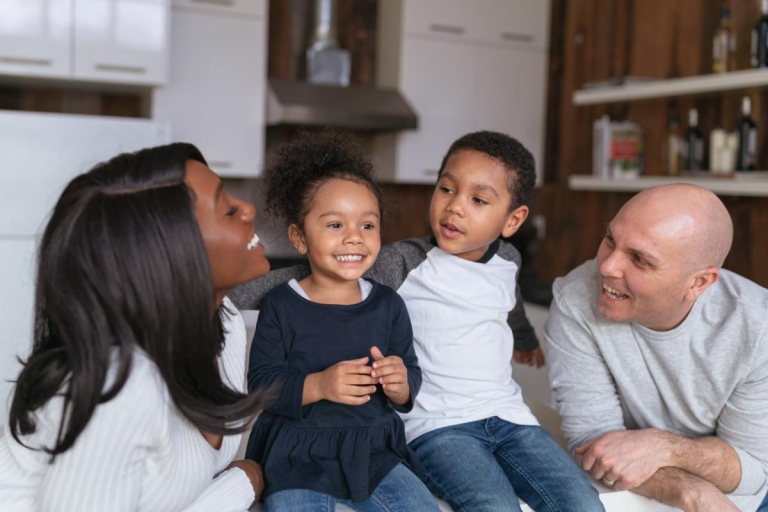blog post
connecting to culture for minority mental health month

connect kids to their culture to help them thrive
Children need to feel like they belong; it’s important to their mental health.
However, we know that kids are often picked on, discriminated against or left out because of their racial or ethnic background. For this reason, it can be valuable to help your kids grow a strong identity tied to your family’s culture and ethnicity.
You can proudly teach your children about different family traditions and strengths while preparing them for difficulties or struggles they may experience.
Why teach kids about ethnic, racial or cultural differences when they’re young?
- Kids who grow up and don’t know about their background will likely believe false stereotypes about their race.
- Children are more resilient when they have a strong connection to their background and culture.
- You can help children prepare by giving them knowledge and ideas for responding to difficult, hurtful or ignorant remarks that they may encounter.
How will it benefit kids’ mental health to learn about their cultural background?
Research shows that racial-ethnic socialization, how a child learns about their race and cultural background, helps kids from diverse backgrounds with:
- Self-esteem
- Self-identity
- Academic achievement
- Reducing depression
- Lowering amounts of worry
How do I get started?
Talk with your children directly in an age-appropriate way about your family’s heritage including race, background and culture. Here are some ideas:
- If your family comes from a culture that speaks another language, consider using that language with your child. You can read books or listen to music in your language.
- Find picture books that show various skin tones, hair, etc. in a positive way. Download these suggestions from the American Psychological Association and The Conscious Kid. This list is also available in Spanish.
- Watch movies that include characters who look like members of your family.
- Include artwork in your home that shows people from your race or culture.
- Cook favorite dishes with your children and talk about why they are culturally important to you.
- Children should hear about prejudices or stereotypes that they may experience.
- When talking with children about facing discrimination, have pretend discussions with your child and try to imagine other people’s viewpoints and what they might say to respond. Share examples of how you’ve dealt with racism and discrimination in the past.
- Remind your children to respect everyone, regardless of ethnicity, background or race.

